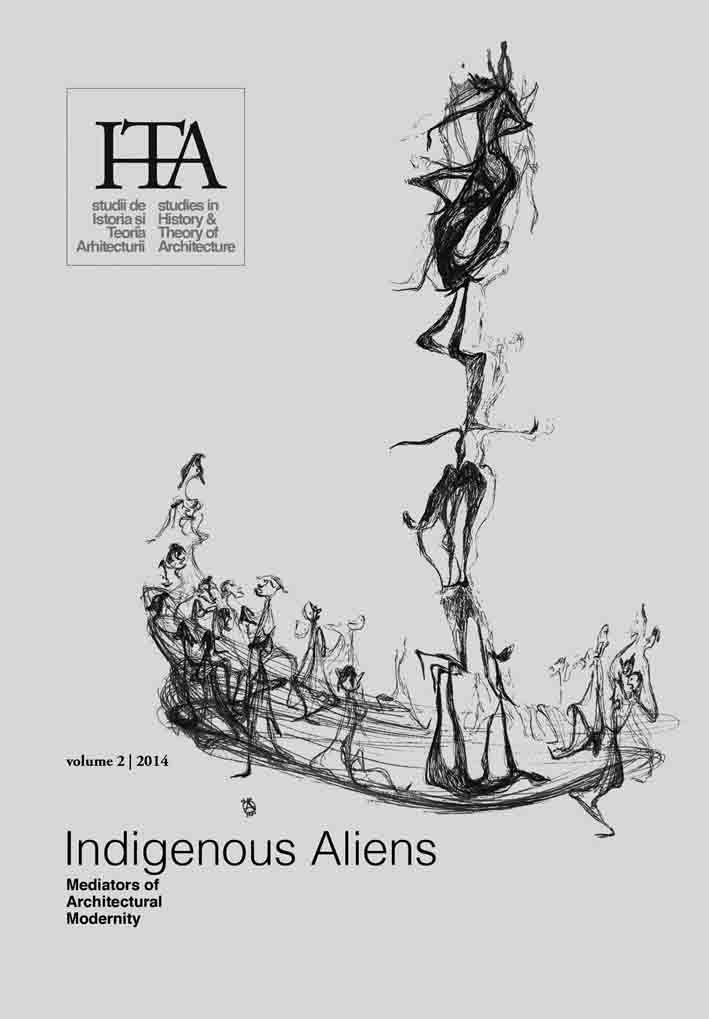Getting Global, Staying Local. The Turmoil of the First Steps Towards Scientific Urban Planning. The Case of Cincinat Sfintescu
Getting Global, Staying Local. The Turmoil of the First Steps Towards Scientific Urban Planning. The Case of Cincinat Sfintescu
Author(s): Irina Calotă, Andreea UdreaSubject(s): Architecture
Published by: Universitatea de Arhitectură şi Urbanism »Ion Mincu«
Keywords: Cincinat Sfințescu; birth of Romanian urban planning; International Federation of Housing and Town Planning; Union Internationale des Villes; planning congresses between the wars
Summary/Abstract: The international congresses supported by the International Federation of Housing and Town Planning (IF) and by the Union Internationale des Villes (UIV), held between 1925 and 1939, were the most important urban planning events of the interwar period. They attracted all the famous and remarkable urban planners and a great mass of specialists involved in planning. This article discusses the perspective provided by one conscious representative of this great mass of specialists, a professional that maintained a tight relationship with the proceedings of these congresses and whose career was strongly influenced by his consistent participation. The specialist was the Romanian engineer Cincinat Sfințescu. In that respect, we argue that the international lively activity associated with the Congresses was not just a short-lived excitement, but a continuous source of energy for the development of urban planning throughout the world. Romania was caught in that whirlpool as well. Seen from the Romanian perspective, the Congresses, more than other kinds of political or professional connections with IF or UIV, strongly influenced the path of the urban planning discipline. Cincinat Sfințescu was an agent fulfilling the greatest mission set by those congresses - the inception and development of urban planning in new areas. Considering the architect’s career from the local perspective, we argue that it was shaped by his constant and consistent participation on the international scene. His research skills were sharpened by the country reports that he religiously delivered to almost each of the congresses, reports that were also extremely useful in his work. His activity was strongly animated by his admiration for the founding father figures of international urban planning (Henri Sellier, Emile Vinck, Raymond Unwin) and he himself gradually became that kind of a founding father for Romanian urban planning.
Journal: sITA – studii de Istoria şi Teoria Arhitecturii
- Issue Year: 2014
- Issue No: 2
- Page Range: 34-51
- Page Count: 18
- Language: English

